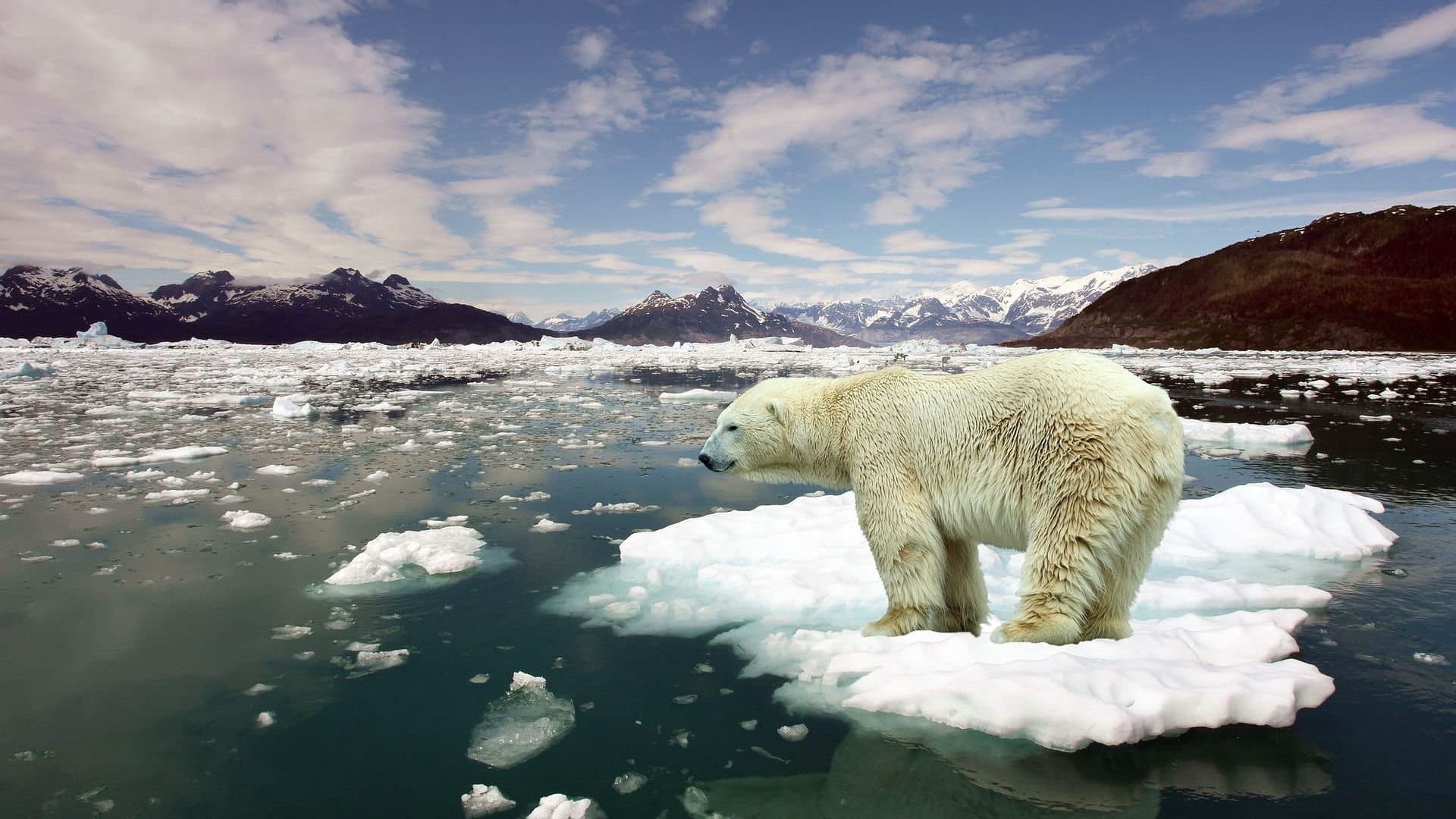
Scientists: Warming Arctic Will Cost Trillions Of Dollars
Scientists: Warming Arctic Will Cost Trillions Of Dollars In DamagesPrevious models predict global warming’s bill to total $326 trillion by 2200, but the new arctic analysis brings the expected loss total to $369 trillion.
The arctic is of immense environmental and ecological importance — and of considerable economic value to humans. The arctic, however, is being transformed by climate change, and that transformation is doing environmental, ecological and economic damage. Scientists: Warming Arctic Will Cost Trillions Of Dollars In Damages
In a new study, researchers at the University of Cambridge tallied the economic damages of a melting, warming arctic. Their models predict an extra $43 trillion in economic damages by the end of the next century if the warming arctic is left to melt and greenhouse gas emissions continue at the same, business-as-usual rates.
Researchers used new data on the rapidly warming arctic to update previous models designed to estimate the economic costs of climate change — models that total the potential costs of future catastrophes, diminished agricultural output, disappearing commercial fish stocks, higher air conditioning bills and other negative consequences of global warming.
As previous research has shown, the arctic is caught in a vicious circle of climate change — one that will affect the climate as a whole, if allowed to continue.
As sea ice melts, the arctic tundra warms. And as the tundra warms, methane-emiting microorganisms are excited. More methane means more global warming. And more global warming means more melting. And the cycle repeats.
Previous models predict global warming’s bill to total $326 trillion by 2200, but the new arctic analysis brings the expected loss to $369 trillion.
“These results show just how much we need urgent action to slow the melting of the permafrost in order to minimise the scale of the release of greenhouse gases,” Chris Hope, Cambridge economist and co-auhtor of the new study, published in Nature Climate Change, said in a press release.
Researchers say policies to reduce greenhouse emissions could counteract the majority of the arctic’s global warming contributions, but urgency is necessary.
“We want to use these models to help us make better decisions — linking scientific and economic models together is a way to help us do that,” said Hope. “We need to estimate how much it will cost if we do nothing, how much it will cost if we do something, and how much we need to spend to cut back greenhouse gases.”
—
Credit: UPI












